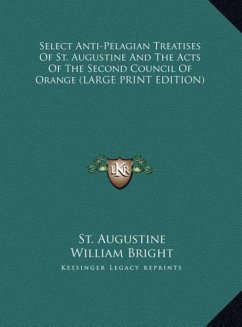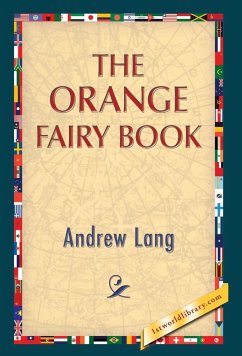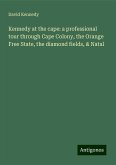Purchase one of 1st World Library's Classic Books and help support our free internet library of downloadable eBooks. Visit us online at www.1stWorldLibrary.ORG - - On the southern edge of the populous parish of Paddington, in a parallelogram bounded by Oxford and Cambridge Terrace on the south, Praed Street on the north, and by Edgware Road on the east and Spring Street on the west, lies an assemblage of mean streets, the drab dulness of which forms a remarkable contrast to the pretentious architectural grandeurs of Sussex Square and Lancaster Gate, close by. In these streets the observant will always find all those evidences of depressing semi-poverty which are more evident in London than in any other English city. The houses look as if laughter was never heard within them. Where the window blinds are not torn, they are dirty; the folk who come out of the doors wear anxious and depressed faces. Such shops as are there are mainly kept for the sale of food of poor quality: the taverns at the corners are destitute of attraction or pretension. Whoever wanders into these streets finds their sordid shabbiness communicating itself: he escapes, cast down, wondering who the folk are who live in those grey, lifeless cages; what they do, what they think; how life strikes them. Even the very sparrows which fight in the gutters for garbage are less lively than London sparrows usually are; as for the children who sit about the doorsteps, they look as if the grass, the trees, the flowers, and the sunlight of the adjacent Kensington Gardens were as far away as the Desert of Gobi. Within this slice of the town, indeed, life is lived, as it were, in a stagnant backwash, which nothing and nobody can stir.
Hinweis: Dieser Artikel kann nur an eine deutsche Lieferadresse ausgeliefert werden.
Hinweis: Dieser Artikel kann nur an eine deutsche Lieferadresse ausgeliefert werden.








